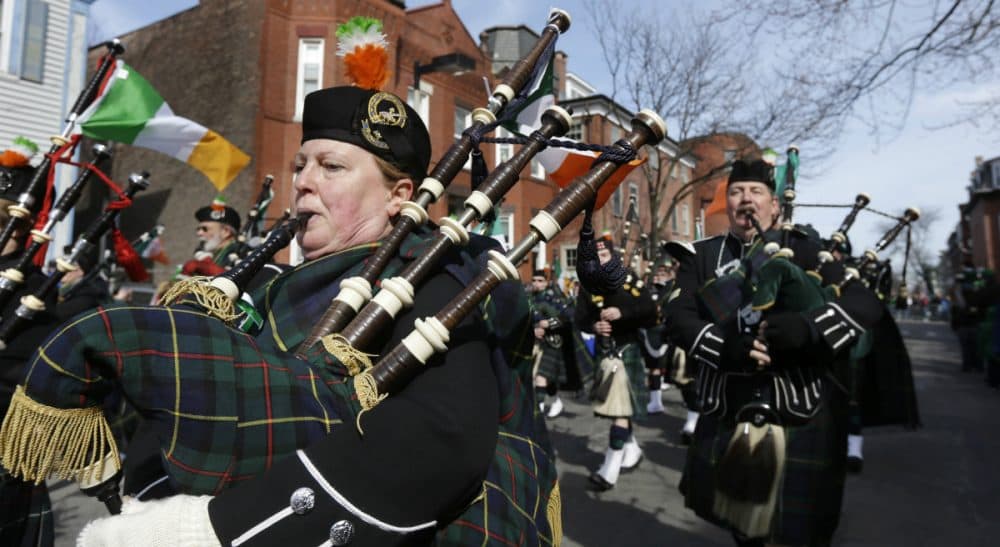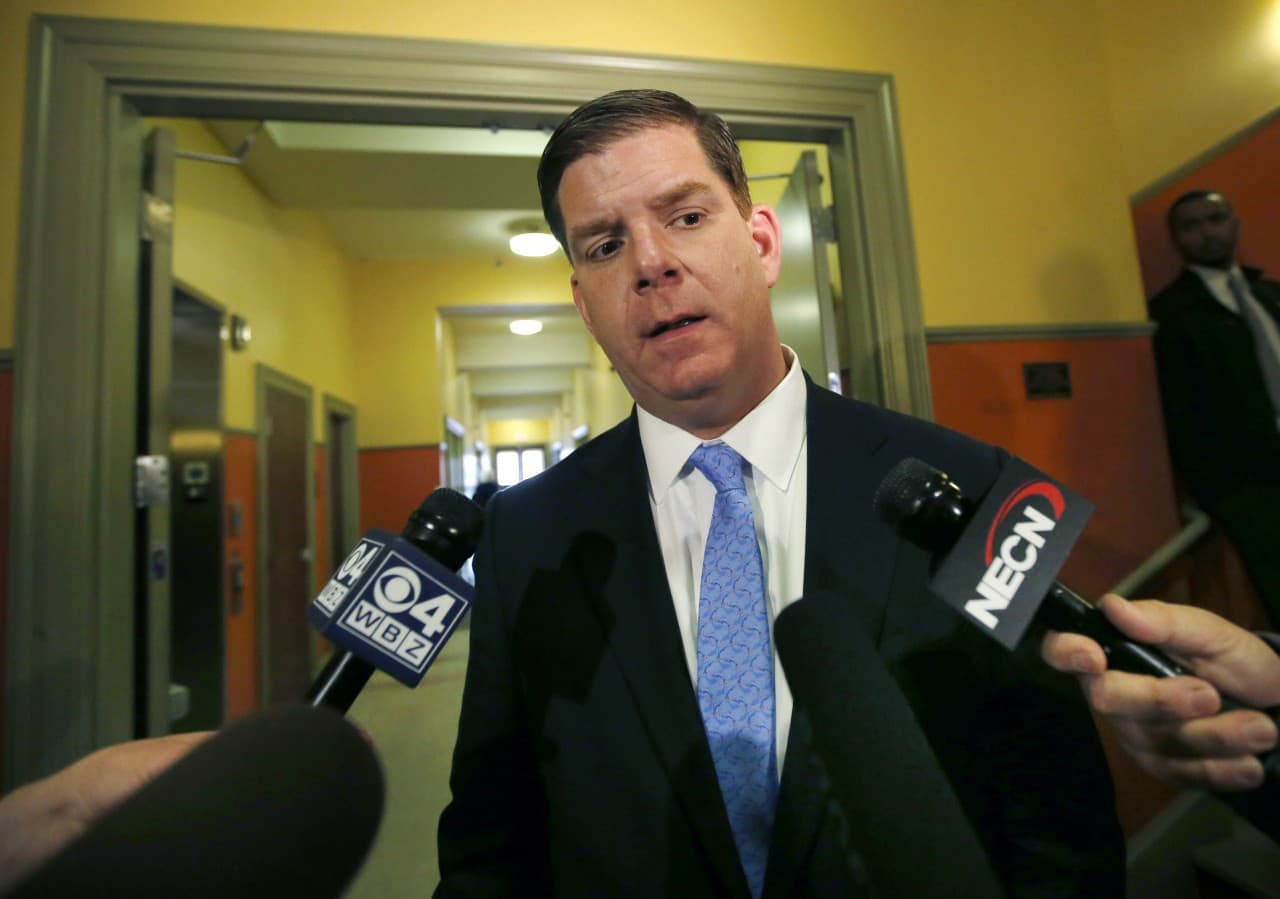Advertisement
St. Patrick’s Day Parade: Let’s Forget About Marching — Instead, Let’s Talk

For a brief moment, there seemed to be a breakthrough in the decades-old stalemate between the organizers of Boston’s St. Patrick’s Day parade and LGBTQ groups striving to march in the annual event. The apparent deal, brokered by Boston’s new mayor, Marty Walsh, purportedly permitted LGBTQ groups to march so long as they avoided wearing clothing or holding signs that refer to sexual orientation.
When we first read about this agreement, we were deeply dispirited.
In our view, this arrangement was a classic example of dividing the baby: it left both sides unhappy and assured that no one’s interests were satisfied. Though some say that the mark of a good resolution to a dispute is that everyone is a little bit unhappy, we disagree. Sustainable solutions typically meet the main interests of most of the stakeholders. From our vantage point, this negotiated arrangement was wholly unstable. So when we heard the news that the deal had fallen apart, we were relieved and unsurprised.
the conflict here is not just about the South Boston Allied War Veterans Council. Nor is it just about MassEquality or LGBTQ rights. Instead, it is about the kind of community Boston can aspire to be.
Why?
Because rightly understood, the real differences that need to be bridged here are not the terms under which an LGBTQ affinity group can march in a parade that has traditionally banned them. The real negotiation is not even about the parade at all. And so neither the mayor, nor a crack team of world famous mediators, nor King Solomon himself could succeed in reaching a sustainable or satisfying outcome by hammering out details about how a sign might identify marchers as gay, straight, trans*, queer, bi- or asexual.
Rather, the real negotiation that lies ahead will call upon the stakeholders to take on the much more challenging task of reconciling deep value differences. This negotiation strikes at the core of our identities — who we are and what we stand for. No amount of haggling or hair-splitting can resolve such a clash, and an agreement that solely demarcates parade marching rules and regulations simply ignores the elephant in the room.
So where might these negotiations go now? What might a sustainable victory be for the mayor, the parade organizers, the LGBTQ community, and the people of Boston?
First, let’s forget the 2014 St. Patrick’s Day Parade. It’s a distraction.

Instead, let’s initiate a genuine and sustained set of conversations between all parties and get to real — conversations about the value and identity differences that all-too-often prompt us to demonize the other and launch vitriolic media campaigns that breed enmity among our fellow citizens and neighbors.
Rather than arguing about who can march when and under what rules, perhaps the parties can agree to a series of meetings over an extended period of time — maybe over monthly meals — to discuss what marching actually means to them and why it cuts to the heart of deeply held values and identities.
Getting the parties to actually talk constructively, genuinely and honestly about what’s really going on for them when they think about the parade will be much more challenging than hashing out T-shirt messaging. It takes real courage, resilience and fortitude to genuinely confront these differences.
But that’s okay, because truth be told, the conflict here is not just about the South Boston Allied War Veterans Council. Nor is it just about MassEquality or LGBTQ rights. Instead, it is about the kind of community Boston can aspire to be. A real “win” would be getting the whole community to examine and discuss deep value differences. Extracting a commitment from all parties to do this would set us apart as an example of a city that can engage in value-based and identity-based dialogue that builds community and character, not tears them down.
In teaching about the Catholic doctrine of the Trinity and the mystery of rebirth, St. Patrick used a green shamrock: though the shamrock had three divided parts, it is still one. The challenge for our community is whether we can respect the legacy of St. Patrick by engaging in a sustained and genuine discussion around the divergent values and core identities that are at the heart of differences in these two important Boston constituencies. Only then will there be a chance of a legitimate and long-standing negotiation “win” for all parties. Only then will we honor the legacy of St. Patrick and represent the real rebirth and unity he preached.
This piece was co-written by second year Harvard Law student Shane A. Hunt. Hunt is the co-president of HLS Lambda, Harvard Law School’s LGBTQ student organization, of which co-author Robert Bordone is the faculty moderator.
Related:
- Radio Boston: The Equality Debate In The St. Patrick’s Day Parade
- Photos: Boston St. Patrick’s Day Parade 2013